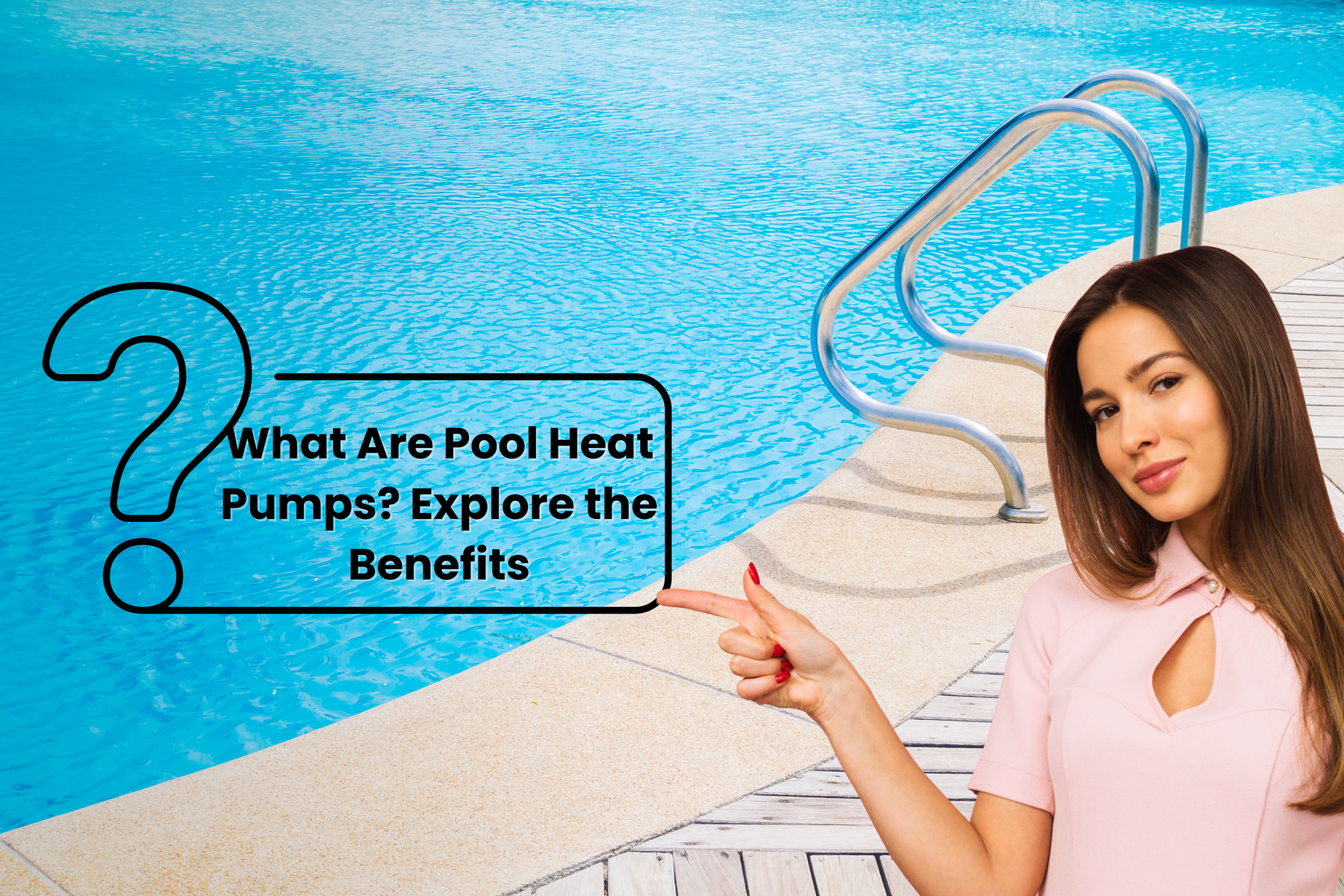
What Are Pool Heat Pumps? Explore the Benefits
Understanding Pool Heat Pumps
Ever wish your pool could stay warm without lighting your wallet on fire? Meet pool heat pumps - they pull heat from the air and send it to your pool, like magic (but real).
What is a Pool Heat Pump?
A pool heat pump is like a smart middleman between your pool and the warm air outside. It doesn’t make heat from scratch. It just borrows it from the air and moves it into your pool.
If you’ve ever jumped into your pool expecting comfort and got an icy surprise instead, you know how important reliable heating is. That’s where these machines shine.
They’re popular with pool owners who want warm water without high energy bills.
How Do Pool Heat Pumps Work?
Let’s keep this simple. These machines grab heat from the air and push it into your pool water. Think of it like reverse air conditioning.
They use an evaporator coil to absorb heat. Then a compressor makes that heat even hotter. The condenser moves it into the water. Finally, a valve resets the system so it can do it all over again.
It’s not magic, just clever engineering. The result is steady, quiet, and cost-friendly warmth.
Key Benefits of Using a Pool Heat Pump
So why are people switching? Here’s what makes these things a smart buy.
1. Energy efficiency. Heat pumps use way less energy than gas heaters. They don’t burn fuel. They just move heat.
2. Lower long-term costs. They may cost more upfront, but you’ll see the savings in your energy bills month after month.
3. Better for the planet. Less energy use means fewer emissions. If you use renewable energy at home, even better.
4. Quiet operation. Most models run at a soft hum, about as loud as your fridge. No roaring or rumbling like older heaters.
5. Consistent warmth. No big swings in temperature. Just steady heat, day after day.
Choosing and Maintaining Your Pool Heat Pump
Factors Affecting Efficiency and Selection
Not every pool or yard is the same, so choosing the right model takes a little thought.
First, pool size matters. A small unit won’t keep a big pool warm, and an oversized one wastes energy.
Second, consider your climate. These work best in moderate temperatures. If you're in a warmer part of the U.S., you’re in luck. They'll work nearly year-round.
Third, location. Place the unit somewhere with good airflow and not too close to walls or shrubs.
Lastly, budget. Yes, the upfront cost can be higher than a gas heater, but energy savings often make up for it within a few years.
Pool Heat Pump vs. Other Heating Options
Let’s stack them up:
| Feature | Heat Pump | Gas Heater | Solar Heater |
|---|---|---|---|
| Heating Speed | Slow but steady | Fast but costly | Depends on the sun |
| Cost to Run | Low | High | Almost none (sunlight!) |
| Upfront Cost | Medium to High | Medium | High |
| Lifespan | 10-15 years | 5-10 years | 15-20 years |
| Eco Impact | Low | High | Very low |
Maintenance and Longevity
The good news? These units don’t need much babysitting.
Here’s how to keep yours running for years:
-
Clean the filters and coils regularly to avoid dust and debris buildup.
-
Check refrigerant levels once a year. Low refrigerant means poor performance.
-
Inspect for any damage to wires, valves, or connections.
-
Cover your pool when it's not in use. It’ll help retain heat and reduce the work your pump has to do.
With regular care, many pool heat pumps last well over a decade. Some even push past the 15-year mark.
They’re a solid long-term investment if you want reliable heating with fewer headaches.
Related reading:




Leave a comment